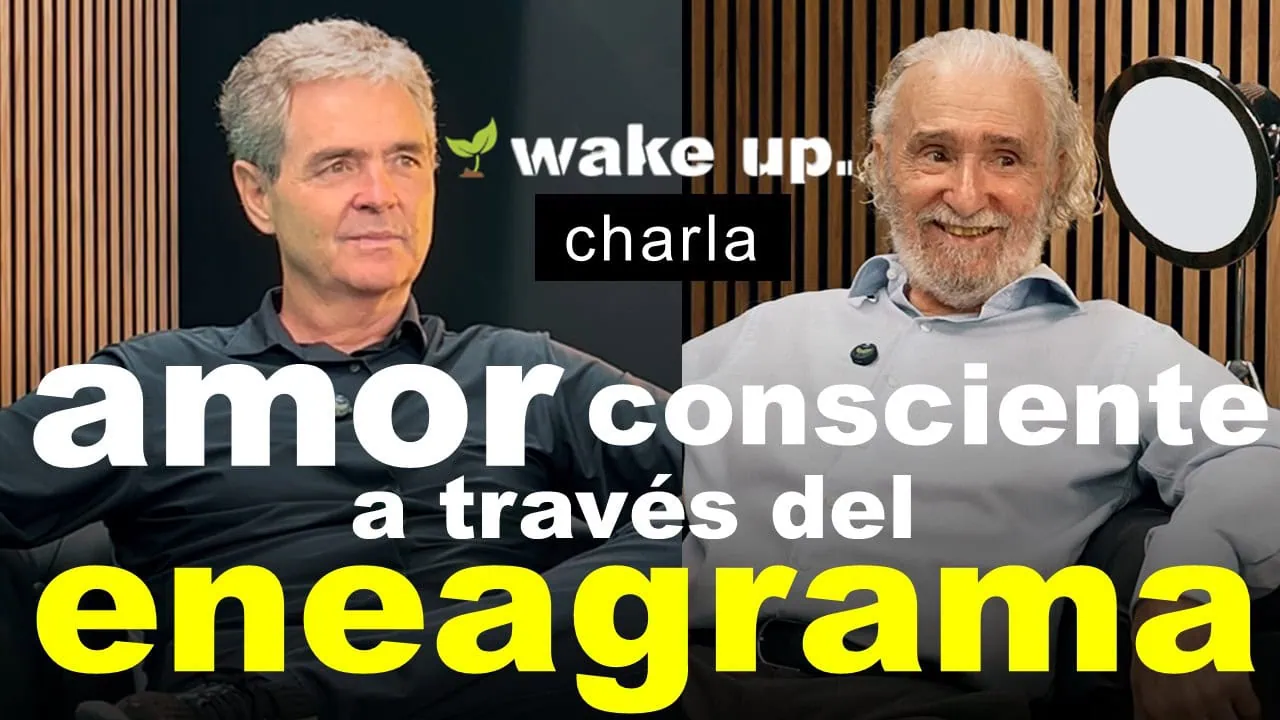Este es contenido Premium, hazte Buscador para disfrutar de todo el contenido y formar parte de la comunidad.
For search engine users only

COURSE: A SCIENCE OF THE IMPOSSIBLE
https://wakeupplatform.clonesyoo.com/una-ciencia-de-lo-imposible/
Dr. Alex Gómez-Marín, a leading neuroscientist and PhD in theoretical physics at the Spanish National Research Council (CSIC), shares his fascinating perspective on the groundbreaking projects on perception and consciousness that he is leading in the field of neuroscience. In this interview, Gómez-Marín guides us through his research, his hypotheses and the most recent discoveries that are revolutionizing our understanding of mind and perception.
Redefining Senses and Human Perception
Gómez-Marín begins by challenging the conventional wisdom that we have only five senses through which we receive information from the world. His research suggests that both humans and other animals can take in information in ways that are not limited to these five sensory channels. He has shown experimentally that, even when the traditional senses are discarded, we can still perceive the world. This discovery opens up an exciting field of study about the nature of perception and consciousness, and suggests that our ability to perceive the world is much richer and more complex than we thought.
Human Influence on the World Beyond the Senses
Beyond perceiving the world, Gómez-Marín poses an intriguing question: can we also influence the world in ways that transcend our physical senses? This question leads his team to explore the frontiers of neuroscience and theoretical physics, seeking to understand the deep interactions between the brain and the environment. This multidisciplinary approach is shedding light on how our minds can affect the world around us, suggesting that our influences go beyond what we can see, hear, touch, smell and taste.
Exploring the Continuity of Consciousness Beyond Perception
One of the most fascinating aspects of Gomez-Marin’s research is his exploration of the hypothesis that consciousness can continue after death. Through studies of near-death experiences (NDEs), his team is investigating whether there is something that persists when the physical body dies. Gomez-Marin explains how resuscitation techniques in hospitals, which can bring clinically dead people back to life, offer a unique window to study these phenomena. These studies challenge our current understanding of death and consciousness, and could have profound implications for philosophy and science.
Near-Death Experiences: A Portal to the Unknown
The study of NDEs is one of the great portals to understanding the possible continuity of consciousness. Gomez-Marin describes how advanced resuscitation techniques allow his team to study people who have experienced clinical death, often with zero brain activity, and return with detailed accounts of their experiences. These studies not only challenge our beliefs about death and consciousness, but also open up new avenues for exploring the connection between the brain and the mind. The accounts of these experiences offer valuable clues about what might occur beyond physical life.
Conclusion
Dr. Alex Gómez-Marín and his team at CSIC are at the forefront of neuroscience research, challenging long-held concepts and opening new frontiers in our understanding of perception, consciousness and human influence on the world. Their projects not only have the potential to revolutionize neuroscience, but also invite us to reconsider the most fundamental questions about our existence and our connection to the universe. Gómez-Marín’s research is changing the way we see the world and ourselves, suggesting that there is still much to be discovered about the human mind.
Become a Seeker user and start enjoying this interview and other premium content videos.
Wake up
Wake up!







